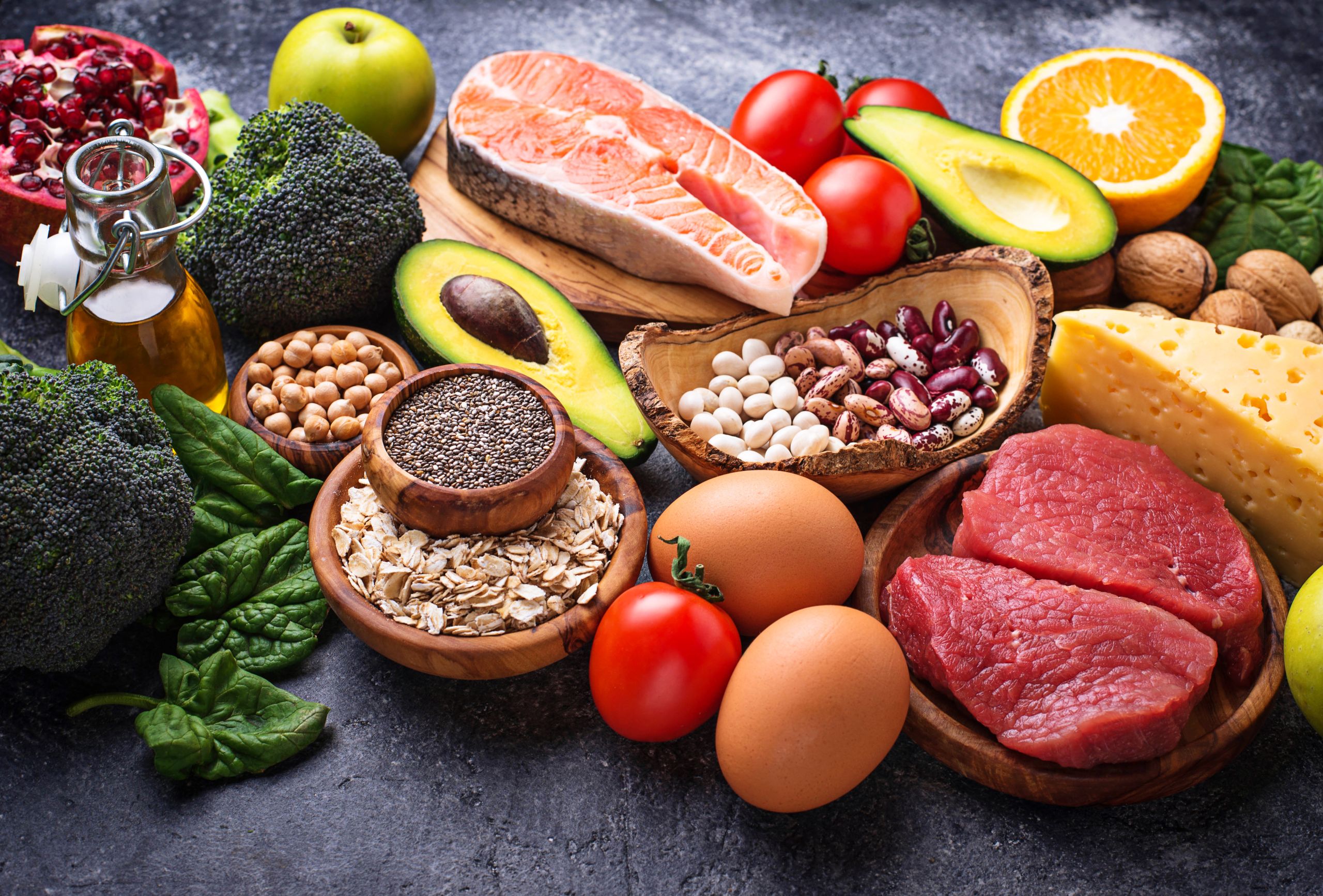1 Spoonful at a Time: How Nutrition Is Vital to Addiction Recovery

May 18, 2023
I Realized Just How Important Nutrition For Addiction Recovery Is.
In the cold, dark depth of substance abuse, nutrition was the furthest thing from my mind. My primary focus was feeding my addiction, not nourishing my body. Therefore, like many others in my situation, I didn’t realize the severe effect of substance abuse on my nutritional status.
Life in the Shadow of Substance Abuse
The grip of substance abuse is powerful and unforgiving. I fell in love with the euphoric sensation of benzodiazepines. However, I didn’t realize the serious risks of benzos. As my addiction deepened, the impact extended beyond the emotional and psychological. It manifested physically, degrading not just my health but my overall nutritional status.
The importance of nutrition was a forgotten concept, as addiction consumed my thoughts, actions, and diet. My life was in a downward spiral, and the warning signs of my body’s decline were starting to show.
Confronting the Stark Reality
An instance of collapsing from sheer exhaustion was a harsh wake-up call. I was confronted with the harsh reality of how my addiction was destroying my physical health. I was constantly tired, falling ill often, and my skin had lost its vibrance. As a result, my body was begging for change.
Nutrition as a Tool for Addiction Recovery
With hope, resilience, and an unwavering desire for change, I turned to professional help. It was here that the concept of using nutrition as a tool for recovery from addiction was introduced to me. This seemed a far-fetched idea at the onset, but with encouragement from my healthcare team, I embarked on a transformative journey. I was determined to incorporate nutrition in recovery from substance abuse, taking control of my health, and consequently, my life.
Building a Nutrition Plan
Led by a team of healthcare professionals, my views towards food gradually changed. I learned that substances, including alcohol and drugs, could rob my body of essential nutrients and damage my digestive system, resulting in malnutrition and poor health.
To counteract the nutritional deficiencies, I began implementing the following strategies:
1. Eating Regular, Balanced Meals
I transitioned from sporadic eating to having three balanced meals a day. Not only did this help curb cravings, but it also balanced my blood sugar levels, leading to improved mood and sustained energy levels.
2. Increasing Protein Intake
I started incorporating more lean proteins into my diet to aid tissue repair and keep me feeling full.
3. Maintaining Hydration
I realized that maintaining hydration wasn’t just about quenching thirst but about supporting overall bodily functions and helping curb cravings.
4. Incorporating Essential Vitamins and Minerals
To counteract the nutritional deficiencies, I began consuming a diet rich in vitamins and minerals, particularly those depleted by substance abuse.
The Role of My Allies
Despite the difficulties, I was not alone on this path. My medical team guided me through every step, and my loved ones provided unwavering support. They helped me establish and maintain these new dietary habits and stood by me when times were tough.
An integral part of this support system was a local cooking class that I joined. This not only gave me the necessary culinary skills but also offered a therapeutic outlet for stress. Cooking my meals became a ritual, a conscious act of self-care.
Nutrition and Mental Health
One remarkable change I observed was the stabilization of my mood. I felt less anxious, more focused, and better equipped to handle stress. This food-mood connection was further corroborated by scientific research indicating that nutrition significantly influences brain structure and function (2).
A Healthier, Happier Me
Today, as I stand in the light of recovery, I marvel at the transformative power of nutrition. My journey had its share of hurdles, but every step forward was a step towards a healthier me. Now, my life is not just about surviving, but thriving, and I owe a significant part of this to nutrition.
In sharing my story, I hope to underscore the importance of nutrition in recovery from substance abuse. To those embarking on a similar journey, remember that change is possible, and it can start with something as simple as the food you put on your plate—one spoonful at a time.

